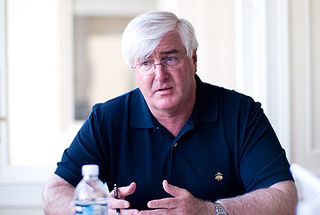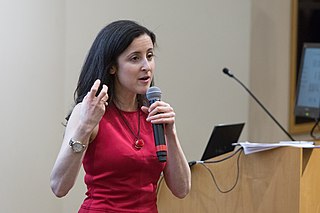A Quote by Simon Mainwaring
Corporations often partner with government after natural disasters, as many companies did in the aftermath of Hurricane Katrina in 2005. As a rule, however, long-term civic/corporate partnerships are still rare .But this need not remain the status quo, as many opportunities are available for such partnerships.
Quote Topics
Related Quotes
After a disaster such as Hurricane Katrina, the federal government has a profound obligation to help those in need, .. Right now, the victims of Hurricane Katrina need our help. Entire communities have been destroyed. Families have been torn apart. Many are still missing. Tens of thousands remain homeless. As the recovery proceeds, we in the Senate pledge to do everything in our power to help rebuild the shattered lives across the Gulf Coast.
After Hurricane Katrina, many people said that the levees were not as effective as the natural vegetation that had been removed at the coast. So that means as we develop these seaside land masses, we need to have enough knowledge to not regret in the future. We know that the US government is literally buying these lands back to allow them to be rehabilitated.
I am an innovator. This is a term of distinction, a term of honor, rather than something to hide or apologize for. Anyone who
has new or valuable ideas to offer stands outside the intellectual status quo. But the status quo is not a stream, let alone a 'mainstream'.
It is a stagnant swamp. It is the innovators who carry mankind forward.


































